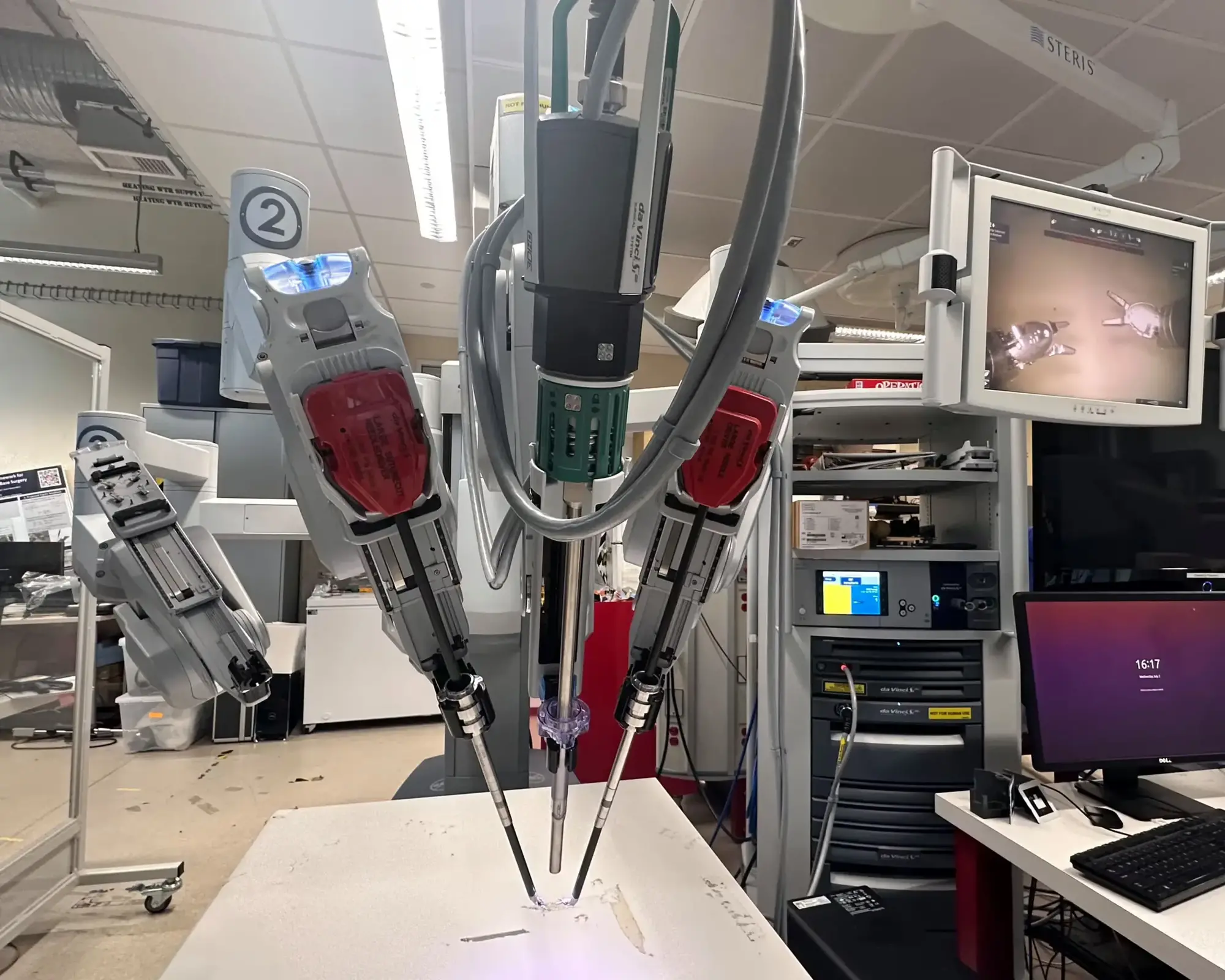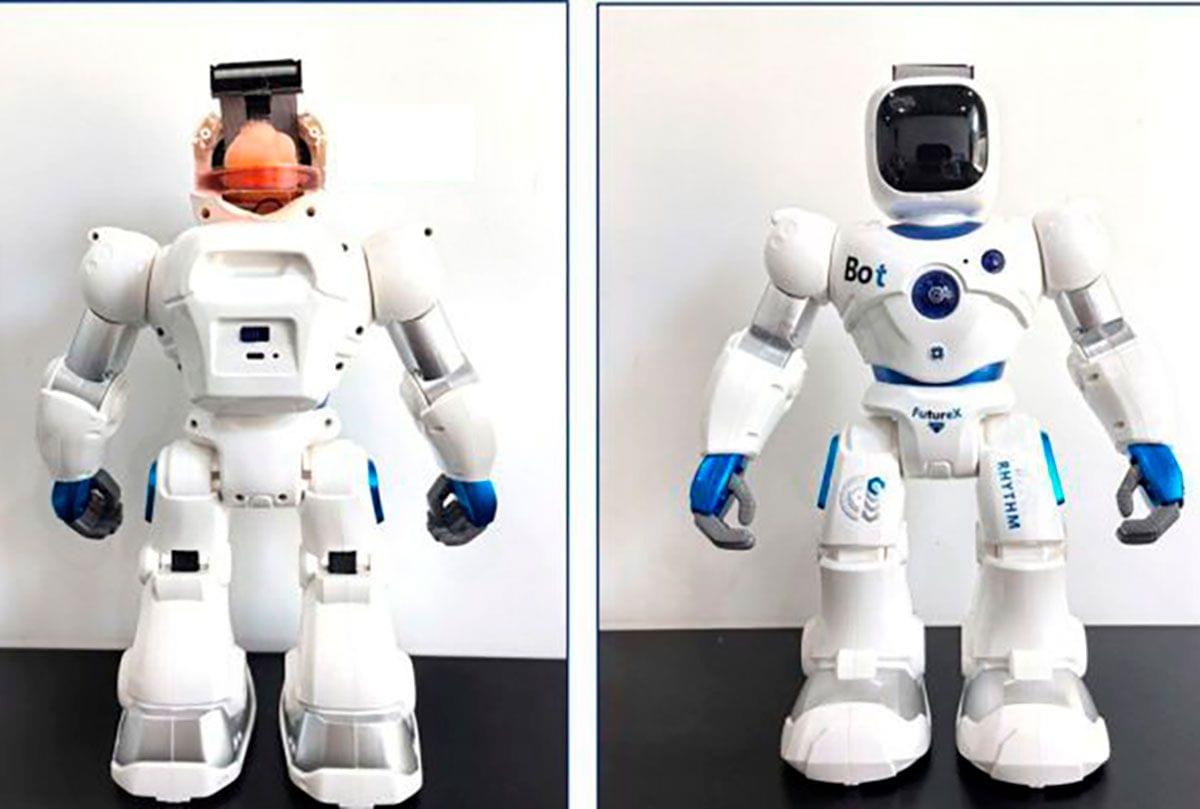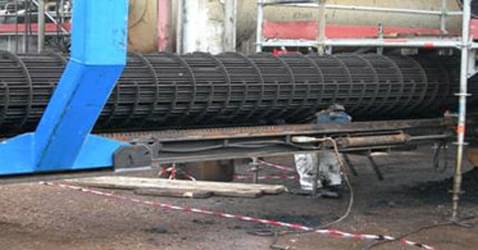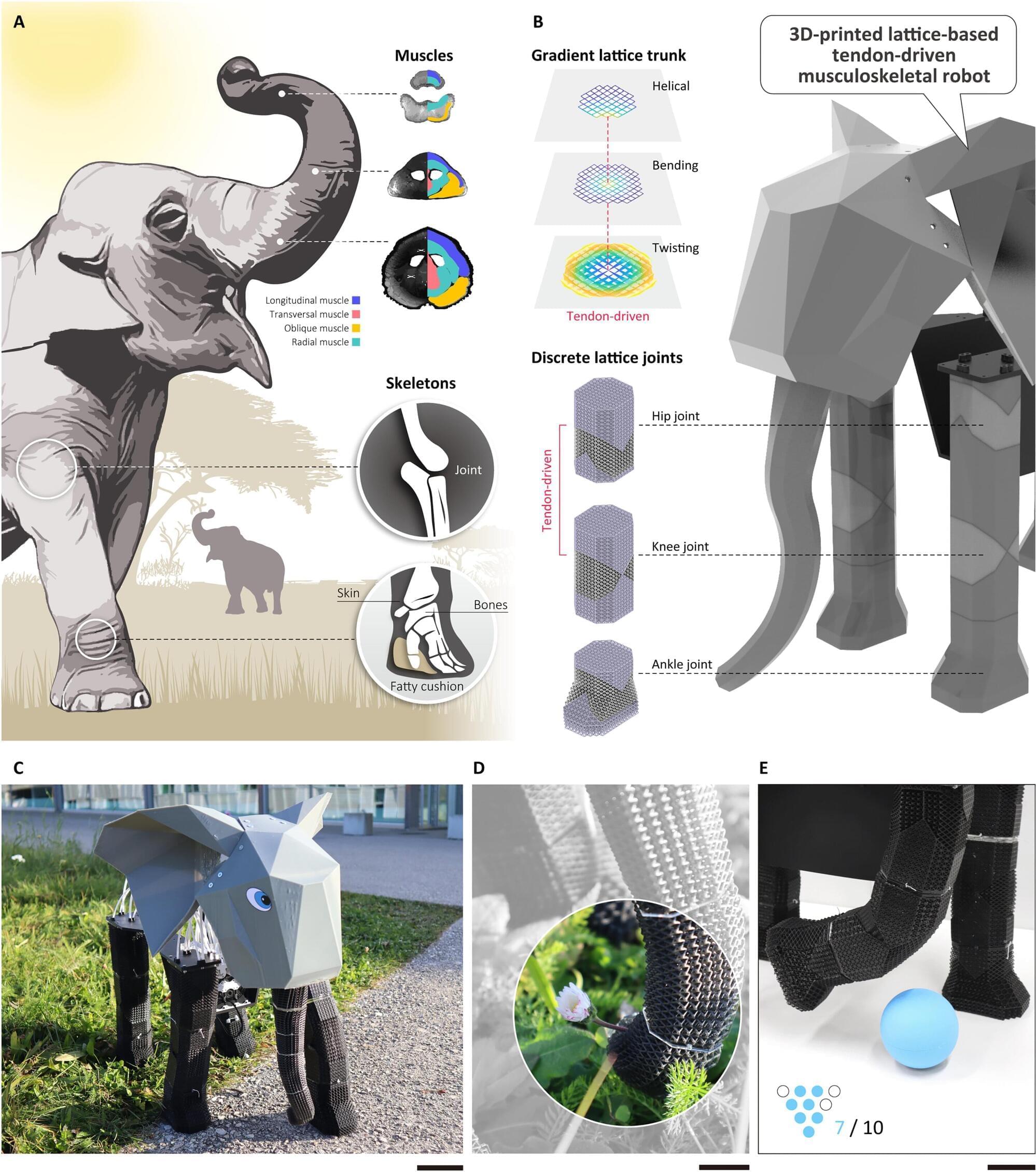(Toronto, Sept. 27, 2022) – Scientists at the Krembil Brain Institute, part of the University Health Network, have proposed a new mechanistic model (AD2) for Alzheimer’s, looking at it not as a brain disease, but as a chronic autoimmune condition that attacks the brain.
This novel research is published today, in Alzheimer’s & Dementia.
“We don’t think of Alzheimer’s as fundamentally a disease of the brain. We think of it as a disease of the immune system within the brain,” says Dr. Donald Weaver, co-Director of the Krembil Brain Institute and author of the paper.
Alzheimer’s disease, the most common form of dementia, impacts more than 50 million people around the world, with a new person being diagnosed every three seconds. Yet, despite more than 200 clinical trials in the past 30 years, there are no disease modifying therapeutics to prevent, halt or treat Alzheimer’s.
(Circa 2022 the immune function and immune molecules have been focused on recently making immunotherapy targets interesting consdering they can help remove plaques)









